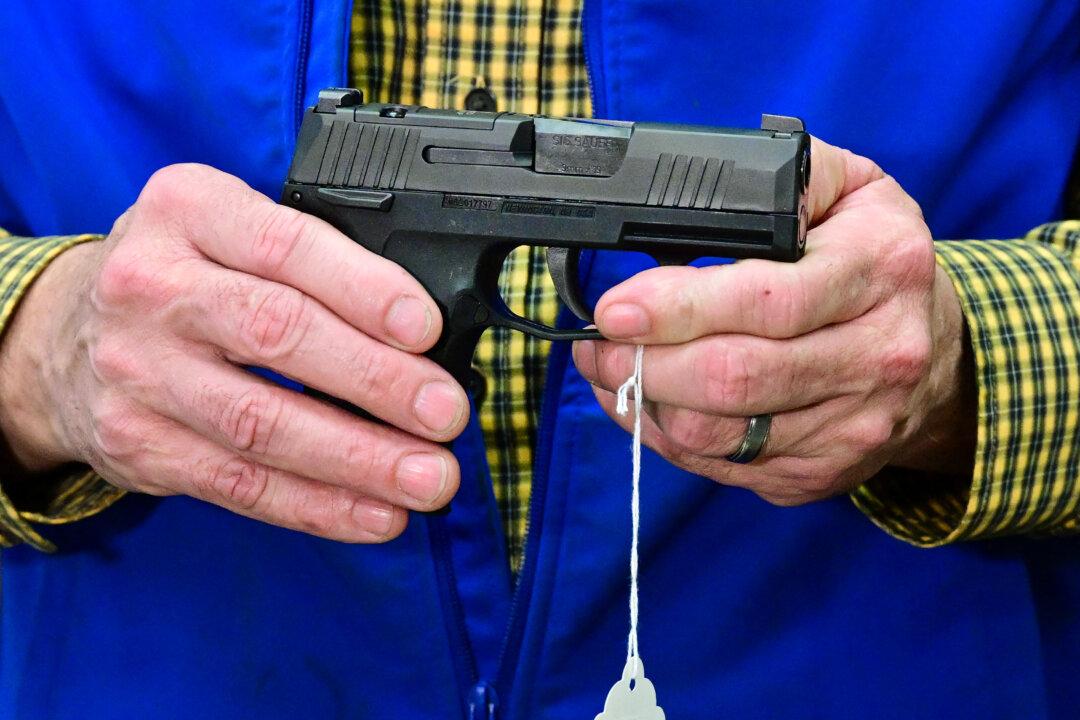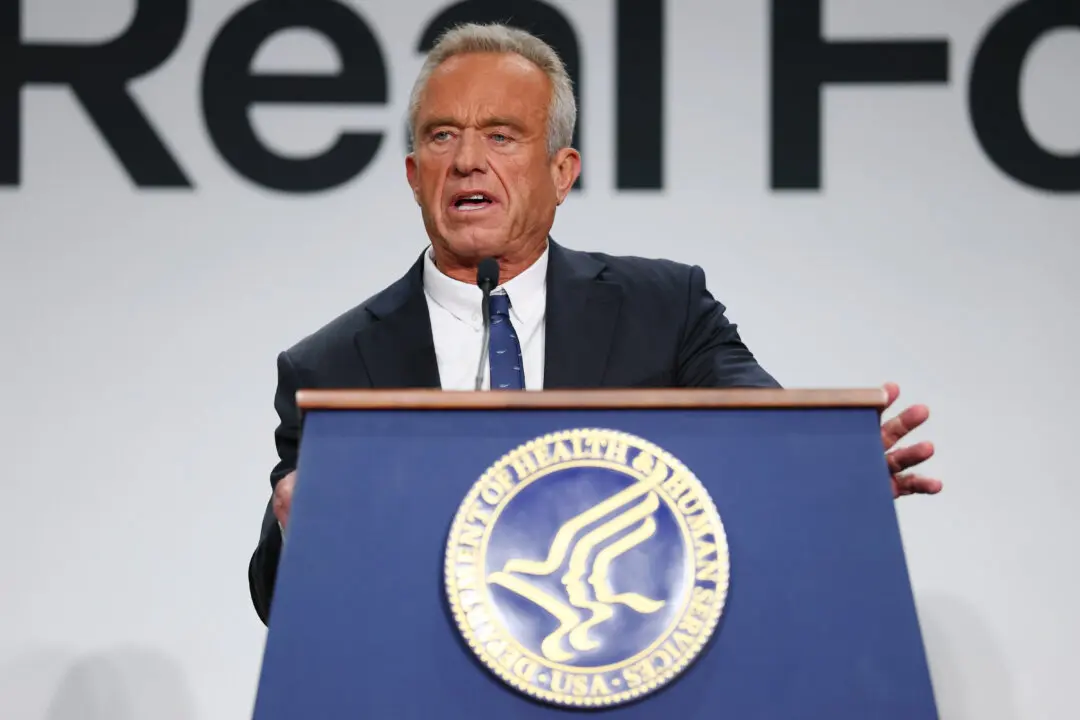California’s law blocking people from buying more than one gun a month is blocked, after a federal appeals court on Aug. 15 removed a stay pending appeal.
“This order allows our hard-won injunction to take effect and, unless the Ninth Circuit issues a new stay, Californians may now apply to purchase multiple firearms within a 30-day period,” Brandon Combs, president of the Firearms Policy Coalition, said in a statement.





